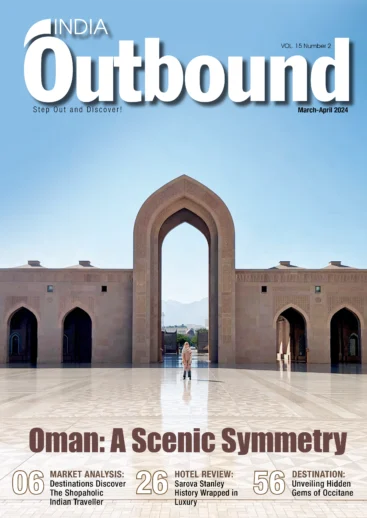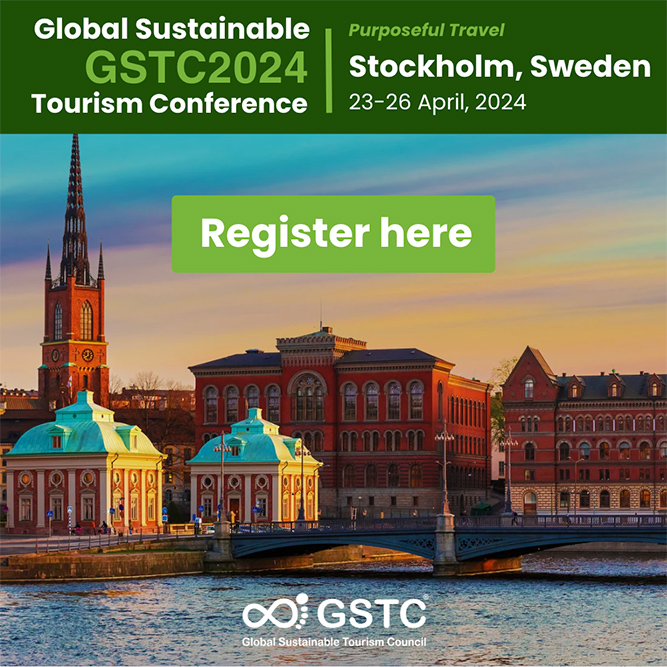
PowerTek helps hotels to maintain higher operational efficiency, lower costs and the associated carbon emissions, says Farnek
UAE-based smart and green facilities management company Farnek has launched a new state-of-the-art online remote digital platform called PowerTek, which was developed by in-house experts, at Farnek’s innovative digital solutions, sister company Hitek.
According to a press statement, the comprehensive and data-driven energy performance monitoring tool supports hotels and the wider business community, through efficient measuring, tracking, monitoring and benchmarking of energy and water consumption as well as waste management.

Nadia Ibrahim
“This analysis helps to reduce carbon emissions, which are key to fulfilling any roadmap towards net zero,” says Nadia Ibrahim, Director, Consultancy and Sustainability at Farnek.
According to the press statement, PowerTek analyses consumption and waste, with respect to multiple variables that can influence a hotel’s environmental metrics such as occupancy, guest nights, number of guest rooms, F&B covers, guest profiles, staff hours, air-conditioned areas as well as general weather conditions. This helps hotels to maintain higher operational efficiency, lower costs and the associated carbon emissions, says the statement.
“Following the science, to prevent irreversible climate change, we must restrict the global increase in temperature to 1.5°C. To achieve this, the net emissions of greenhouse gases (CO2e) will need to be reduced by up to 50% by 2030 and reach net zero levels by around 2050. Putting that into perspective, according to an international study by Sustainable Hospitality Alliance, the hospitality industry needs to reduce its carbon emissions by 66 pc per room by 2030, and by 90 pc per room by 2050. Currently the hospitality industry is responsible for 8 pc of global greenhouse gas emissions,’’ says Ibrahim.
“These statistics clearly underscore the urgency of combatting climate change. Hotels have just seven years to reduce their emissions by nearly two thirds,” she adds.
According to Farnek’s analysis, which uses data from its own hotel clients as well as comparing EGBC & Cornell Hotel benchmarking studies, four and five-star hotels have the potential to save up to 10 pc annually on their utility consumption.
“These hotels spend an average of AED 5.16 million per year on their utility bills, so they could save up to AED 384,000 and AED 133,000 on energy and water consumption respectively, as well as additional cost savings in waste disposal which could also reduce their carbon emissions by up to 700 tonnes annually,” adds Ibrahim.
The statement adds that the launch of PowerTek coincides with a recent announcement by Dubai’s Department of Economy and Tourism (DET), to reintroduce a Carbon Calculator tool that measures the carbon footprint within Dubai’s hospitality sector. Every month, hotels are now mandated to submit their consumption of nine carbon emission sources: electricity, water, district cooling, liquefied petroleum gas, landfill waste, recycled waste, petrol, diesel and refrigerants. This information is collated and analysed by the DET to provide industry insights on the sector’s collective carbon footprint.

Javeria Aijaz
“PowerTek is an upgraded replacement for Hotel Optimiser a digital tool that has been supporting hotels throughout the Middle East for the past 20 years. A key part of the upgrade is that this new platform now has a greater flexibility to be integrated with any energy meter, existing BMS systems, connected IoT sensors, CAFM as well as analysing data entered manually, such as updated and ongoing consumption data from utility providers,” comments Javeria Aijaz, managing director of Hitek.
The digital tool can also benchmark a hotel’s performance against its own historical data, making relevant comparisons with its peers based on an energy utilisation index EUI (kWh/m2/year), water utilisation index WUI (litres/guest nights), waste generation (kg/guest night), waste diversion, carbon emissions as well as other operational costs.
“Decarbonisation has become a commercial imperative, not only for the hospitality industry, but for all business sectors. It not only plays a crucial role in limiting global warming, but hotels in particular can reduce up to 60 pc of their total emissions by adopting energy efficient measures alone,” says Ibrahim.


















